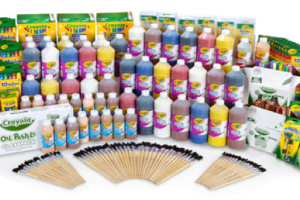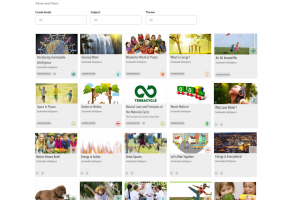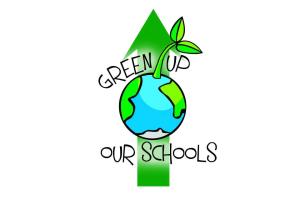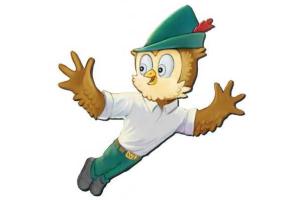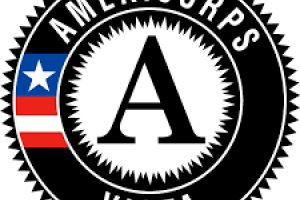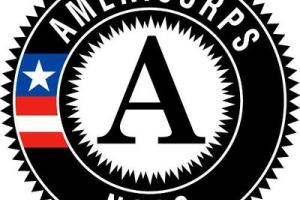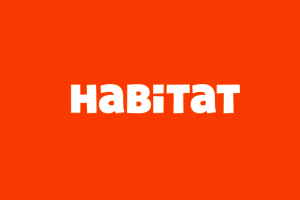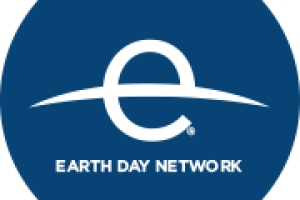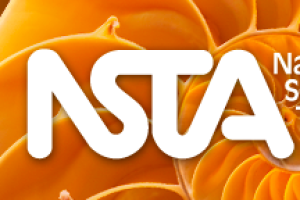
Resources for Environmental Literacy
/resource/resources-environmental-literacy
National Science Teachers Association
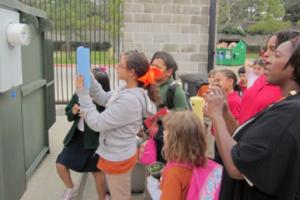
Green Cup Recycle Challenge
/resource/green-cup-recycle-challenge
Green Schools Alliance
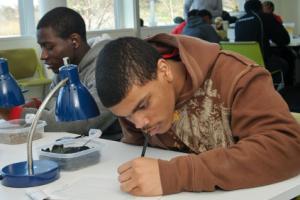
Climate Change in My Backyard
/resource/climate-change-my-backyard
Chicago Botanic Garden
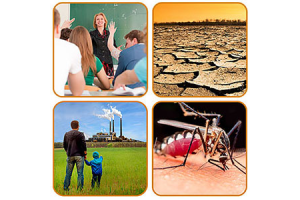
Climate Change and Human Health Lesson Plans
/resource/climate-change-and-human-health-lesson-plans
The National Institute of Environmental Health Sciences
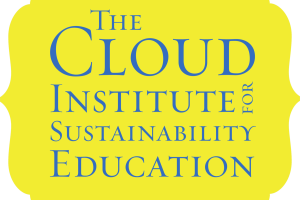
Sustainability Curriculum and Partnerships
/resource/sustainability-curriculum-and-partnerships
The Cloud Institute for Sustainability Education
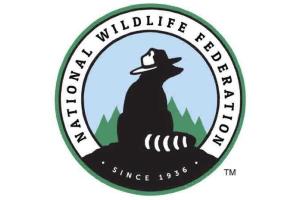
National Wildlife Federation Webinar Series for Educators
/resource/national-wildlife-federation-webinar-series-educators
National Wildlife Federation
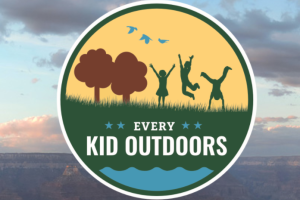
Every Kid Outdoors
/resource/every-kid-outdoors
U.S. Department of Interior and other federal agencies
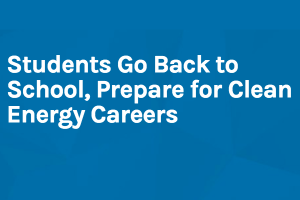
The Energy Literacy and Energy Education Initiative
/resource/energy-literacy-and-energy-education-initiative
U.S. Department of Energy
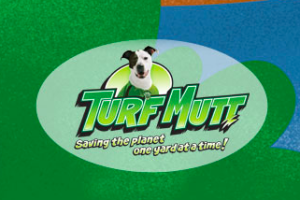
TurfMutt and the Outdoor Powers
/resource/turfmutt-and-outdoor-powers
TurfMutt program by Scholastic
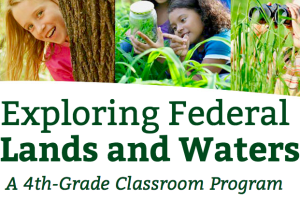
Exploring Federal Lands and Waters
/resource/exploring-federal-lands-and-waters
U.S. Forest Service and Scholastic
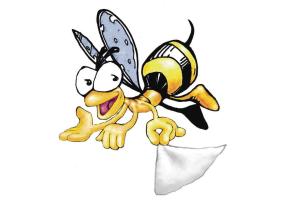
Natural Inquirer – Science Education Journals for Kindergarten to Middle School
/resource/natural-inquirer-%E2%80%93-science-education-journals-kindergarten-middle-school
U.S. Forest Service
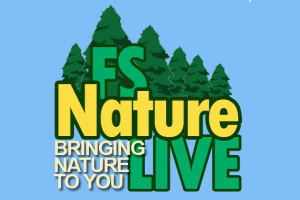
FSNatureLIVE – Bringing Nature to You
/resource/fsnaturelive-%E2%80%93-bringing-nature-you
USDA Forest Service
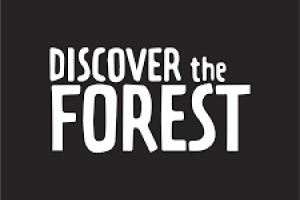
Discover the Forest: Connecting Kids and Families with the Outdoors
/resource/discover-forest-connecting-kids-and-families-outdoors
USDA Forest Service
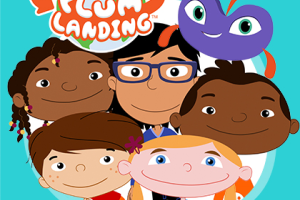
Plum Landing Lesson Plans for Educators
/resource/plum-landing-lesson-plans-educators
PBS KIDS + WGBH
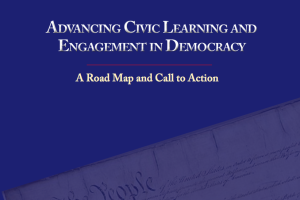
Advancing Civic Learning and Engagement
/resource/advancing-civic-learning-and-engagement
U.S. Department of Education
Top 10 Apps for Taking Technology Outdoors
/resource/top-10-apps-taking-technology-outdoors
National Environmental Education Foundation
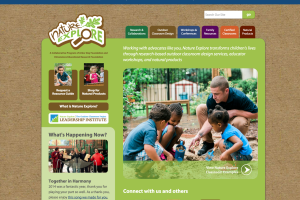
Nature Explore
/resource/nature-explore
Arbor Day Foundation and Dimensions Educational Research Foundation
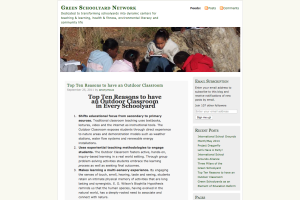
Green Schoolyard Network
/resource/green-schoolyard-network
Green Schoolyard Network
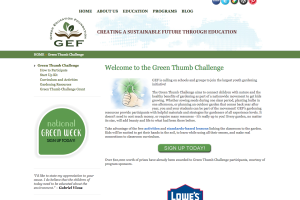
Green Thumb Challenge
/resource/green-thumb-challenge
Green Education Foundation

